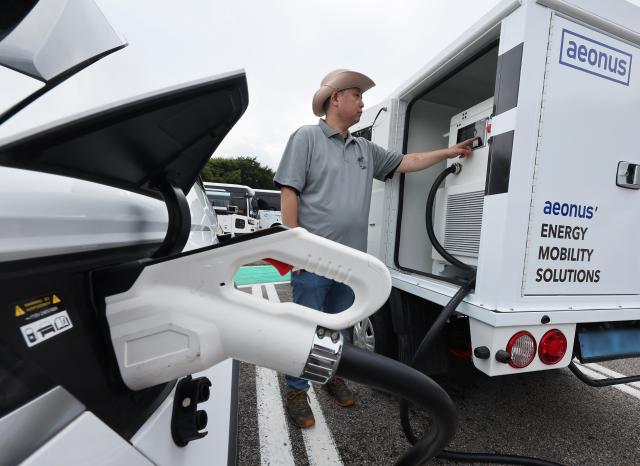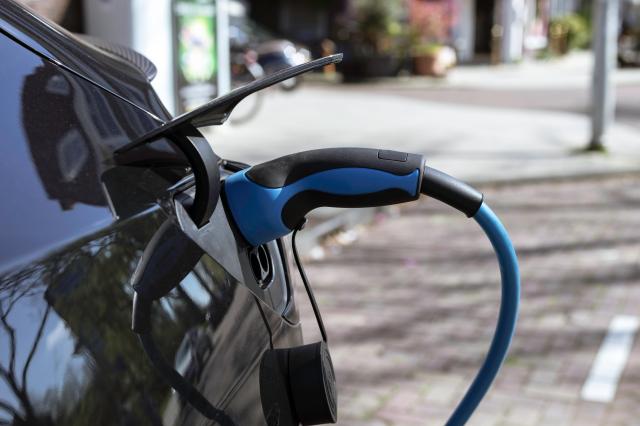
The research, conducted by Professors Kim Eun-young of Catholic Kwandong University and Hong Suk-hoon of Changwon National University, analyzed comments on articles about electric vehicles, batteries, e-commerce and others on online platforms in Korea from July 2023 to August 2024.
Researchers discovered 77 suspected Chinese accounts on Naver, Korea's largest web portal, operating in two coordinated groups. The accounts consistently posted comments praising Chinese products while criticizing Korean ones.
The researchers identified them by applying criteria used in previous overseas studies, such as Chinese-style translated text, unique Chinese ID and profile characteristics, and repeated comments from the same IDs.
The study found that suspected Chinese commenters targeted articles with high engagement from Korean users. They employed tactics such as sowing doubt about Korean products, exacerbating social divisions and attempting to discredit media critical of China.
On YouTube, researchers identified 239 suspected Chinese accounts involved in similar comment operations. The maximum number of comments per article on YouTube was 2,698, compared to 454 on Naver.
The research team said the identified accounts likely represent only a fraction of the total operation.
They called for urgent government action, suggesting the creation of a database of problematic comments and the development of profiling indicators to effectively identify such operations.
Copyright ⓒ Aju Press All rights reserved.



View more comments